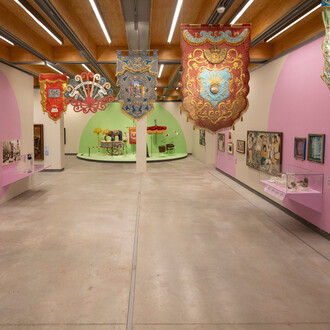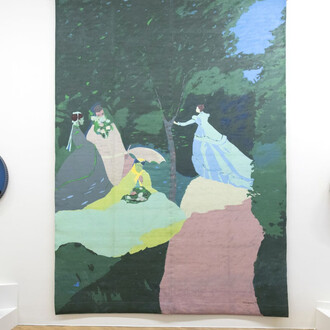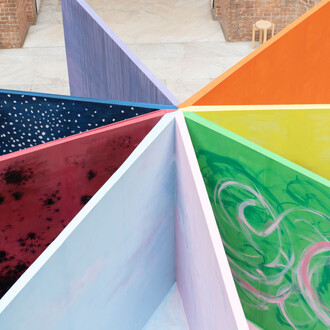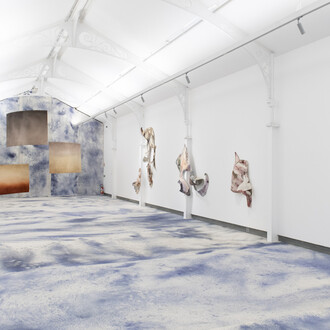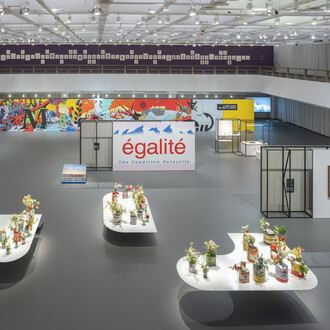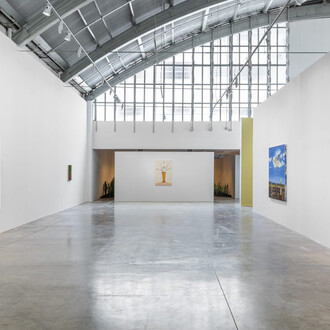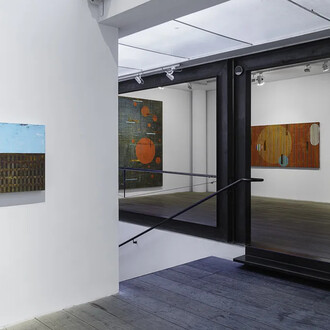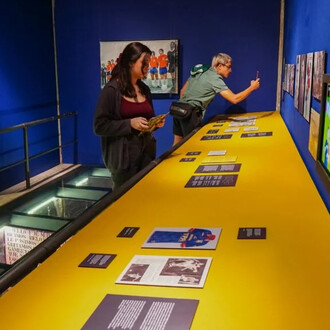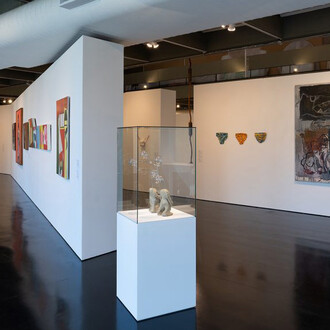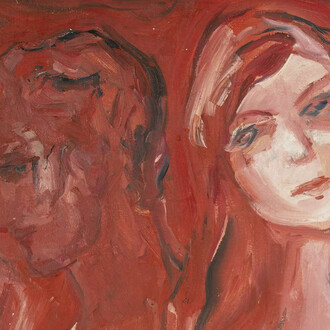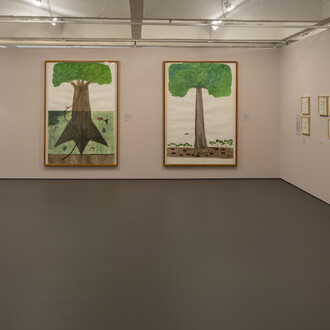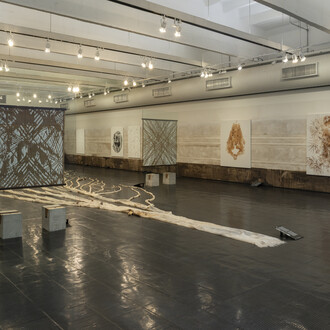The Pina Estação building hosts a retrospective exhibition of Flávio Império (1935-1985), a central figure in the understanding of Brazilian culture in the 1960s and 1970s.
Flávio's importance lies not only in the multiplicity of languages he mastered (such as painting, architecture, scenography, theater, graphic design and political activism), but also in the way he articulated them in a critical, engaged and transformative artistic practice. Império worked with a variety of materials, producing silkscreens, paintings, collages, photography and documentaries in super8.
“You have the will and it is free” invites the public to immerse themselves in different moments and manifestations of the artist’s production, highlighting the coherence and freedom that guide his diverse practice. Divided into three sections, the exhibition shows the trajectory of the artist whose production is concentrated during the period of the military dictatorship. Along the way, one can see how his thinking and the idea of social and political engagement are transformed in the different phases of his career.
Among the highlights of the exhibition is a model describing the project the artist made for the show. Morning bird (1977) by Maria Bethânia. At a time when the military dictatorship begins to weaken and opening movements emerge, Império conceives a scenario in which the singer emerges from a dark night in the background and gradually approaches the audience flanked by fabrics that represent the dawn. In the show, Bethânia sings remembering her friends who were exiled.





